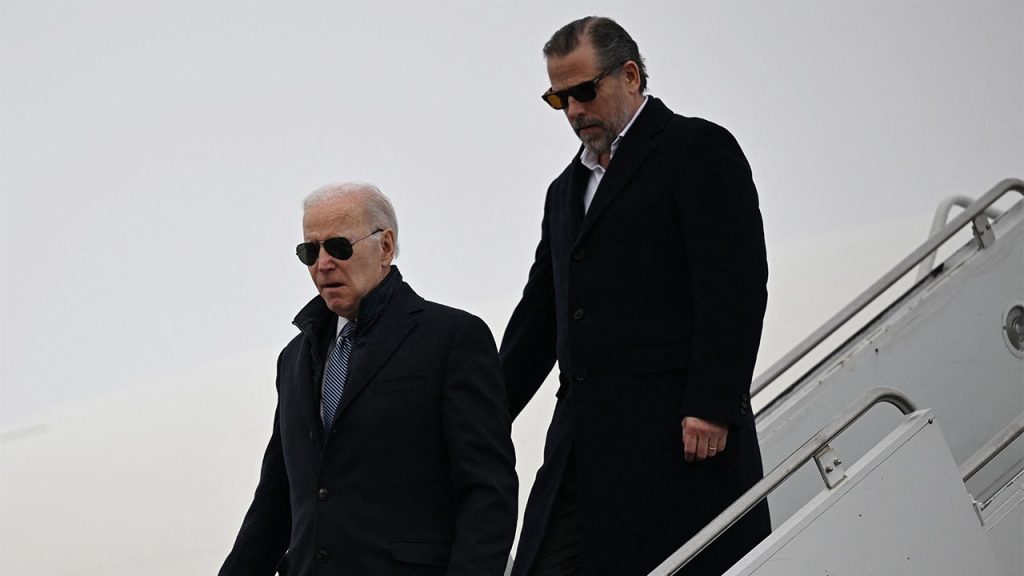Hunter Biden’s sweeping presidential pardon, granted by his father President Joe Biden, has ignited significant controversy due to its broad scope and timing. The pardon covers not only the tax and gun charges for which Hunter was recently convicted but also any potential offenses committed against the United States between January 1, 2014, and December 1, 2024. This timeframe encompasses numerous controversies surrounding Hunter Biden’s overseas business dealings, raising questions about the intent and implications of the pardon.
One key area of concern revolves around Hunter Biden’s lucrative position on the board of Burisma, a Ukrainian energy company. He joined Burisma in 2014, lacking any relevant industry experience, and received substantial compensation. Critics allege that this appointment and subsequent payments were linked to his father’s role as Vice President, suggesting influence peddling. Republicans have accused the Bidens of coercing Burisma’s CEO into paying them millions in exchange for their assistance in removing a Ukrainian prosecutor investigating the company. The timing of the pardon, encompassing the period of Hunter’s Burisma involvement, fuels suspicion about a potential cover-up.
The pardon also covers the timeframe of Hunter Biden’s controversial business dealings in China, which have drawn scrutiny from Republicans. These dealings involved several Chinese companies and generated millions of dollars for the Biden family. House Oversight Committee investigations revealed that Joe Biden met with several foreign nationals connected to Hunter’s business ventures, including individuals linked to Chinese firms. Emails and testimony from former business associates suggest that Joe Biden may have been involved in these dealings, further raising concerns about potential conflicts of interest and influence peddling.
Beyond Ukraine and China, Hunter Biden’s business activities extended to other countries, including Romania, Kazakhstan, and Russia. The House Oversight Committee has investigated alleged financial transactions involving Romanian businessmen and payments from a Kazakhstani oligarch. Additionally, reports indicate that Hunter Biden received substantial sums from a Russian oligarch. These international dealings raise questions about potential violations of foreign lobbying laws and potential conflicts of interest, particularly given the broad scope of the pardon.
The pardon itself covers a range of offenses, including Hunter Biden’s conviction on gun charges and his guilty plea to tax offenses. The gun charges stemmed from false statements made during a firearm purchase, while the tax charges related to his failure to pay over $1.4 million in taxes. While the pardon prevents further prosecution on these specific charges, its broader scope raises concerns about its potential to shield Hunter Biden from future investigations into other potential offenses within the specified timeframe. Critics argue that the pardon undermines the justice system and creates a perception of unequal treatment under the law.
President Biden’s justification for the pardon centers on his belief that his son was unfairly targeted and prosecuted due to his last name. He contends that Hunter Biden was “treated differently” by prosecutors and that the pursuit of charges was politically motivated. The President also cites Hunter’s struggles with addiction as a mitigating factor. However, critics maintain that the timing and breadth of the pardon raise serious questions about potential abuses of power and attempts to obstruct justice. The sweeping nature of the pardon has generated significant backlash, with many questioning its implications for the rule of law and the integrity of the justice system.


